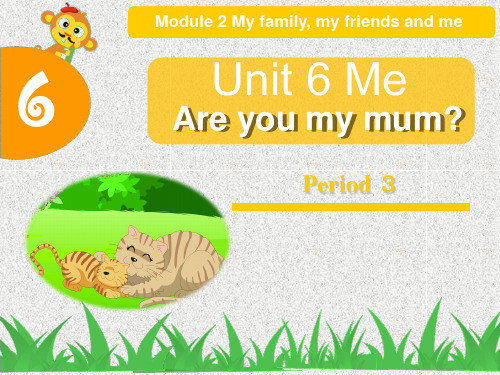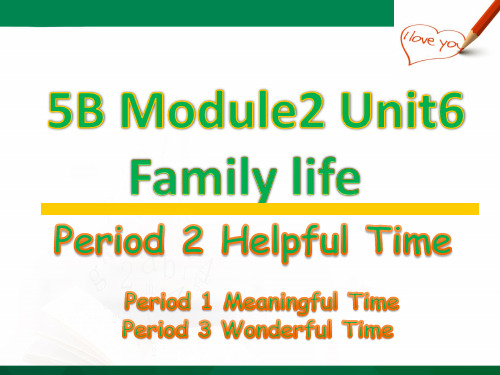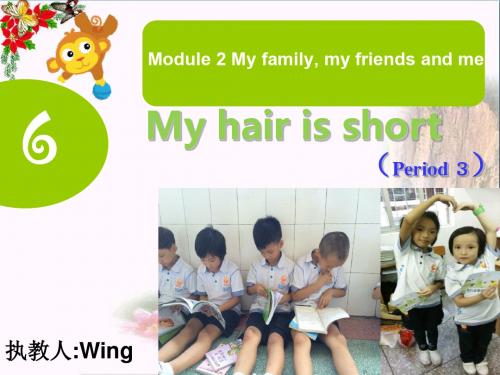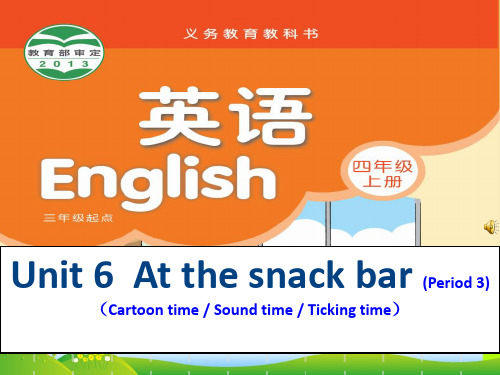Let's read. Susan is always busy on Sunday. 星期天总是很忙。
In the morning she makes the bed. 早上她整理床铺。
Let's read. What chores does Susan usually do on Sunday?
After getting up, she always makes her bed.
Let's read. ,pmwfhlseaawaeetntadrkeetksereprsfsuepl,shewosbsttetohaobhrctrreshuieapusSh,ettbwhpebue.tetf.lsbatshladacaoticen,sekanolhtsrotersw.s.ts,hteoheeusmepw,tfsaetathekshdeheessesthcelobthteideds,ymdwomtaahekasset,dNhekmiitodsrehaceaytbenllskhouetcdetethndyhhielcrbseeuihohersndoe,d,bcsim,sheh.d,e,rsoom
makes the bed, sweeps the floor ,waters the
plants,washes clothes,feeds her pet cat. takes out the
rubbish.
Let's read. What chores does Susan usually do in the afternoon?
以字母s、x、ch、sh或o结尾的动词加-es。 如:
guess—guesses fix—fixes teach—





